
Welcome to GR Online, a series of short-form articles that take aim at the moving target of contemporary culture as it’s whisked along the guide rails of innovations in digital media, globalisation and late-stage capitalism.
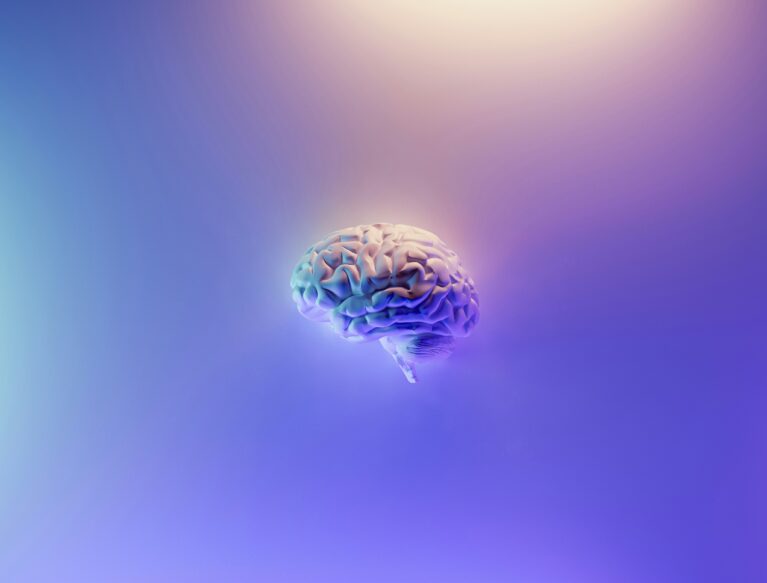
One telekinetic Wednesday
THE JOB, IT turned out, was mostly folders. Tricoloured, triaged, in need of fresh sticky flags. Each weekday at...
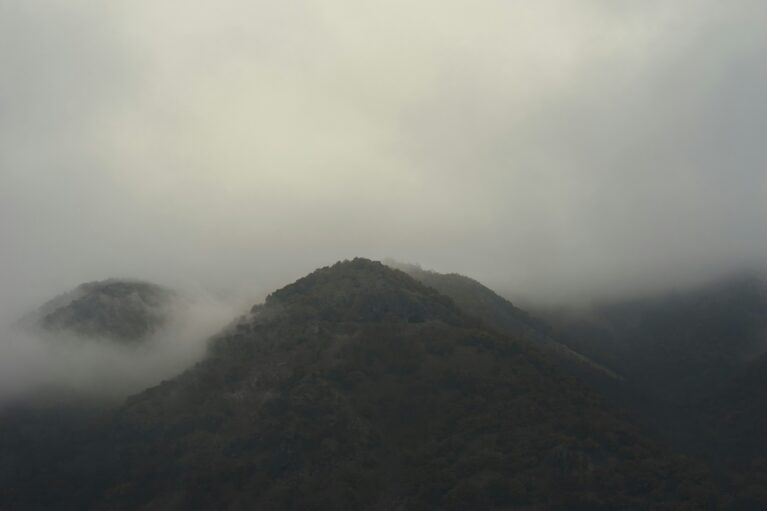
The Mountain
STANDING HIGH IN the landscape, the Mountain has always been there. Listening, watching, teaching, arranging the flow of the...
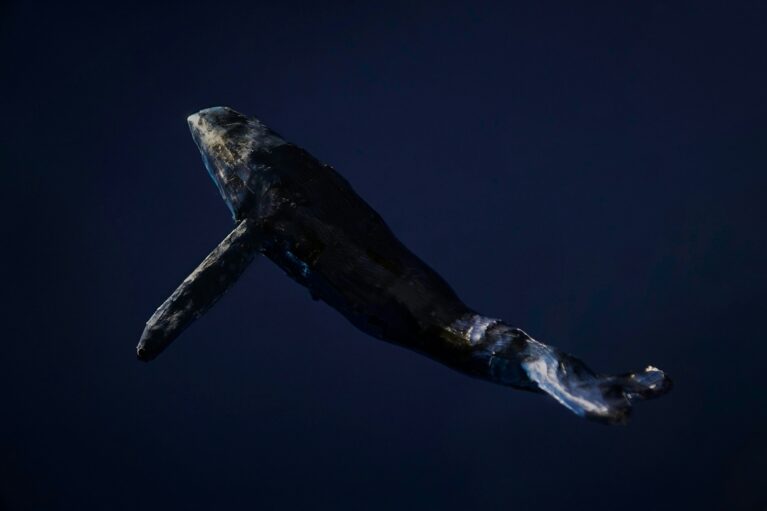
The body
The LORD prepared a great fish to swallow up Jonah,and Jonah was in the belly of the fish three...
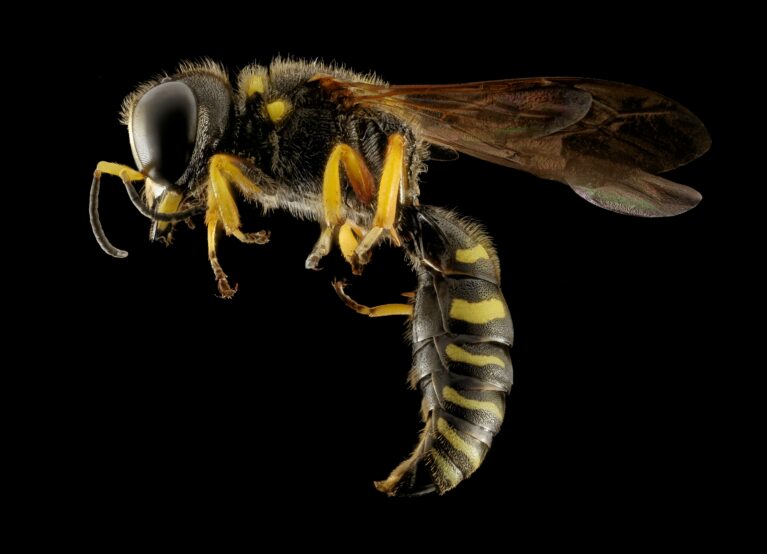
Gallows humor
THE TOWN’S FLOWERS have set seed in the late-spring wet hot air, as the land prepares for the rains....
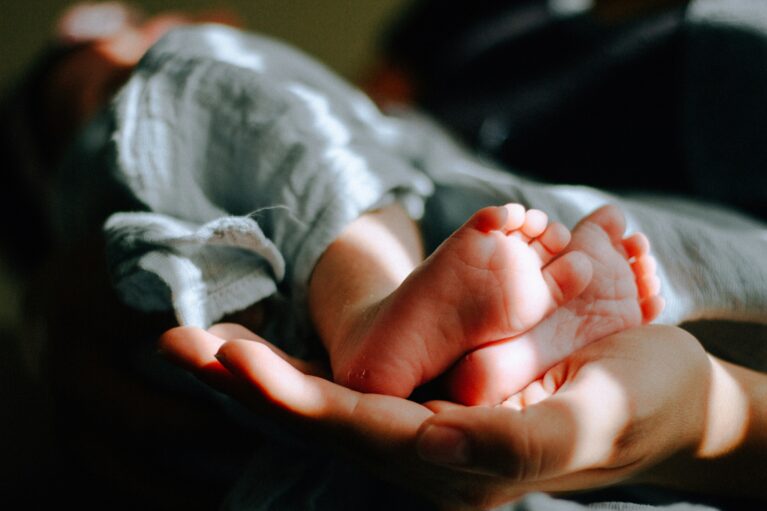
Red
WHEN SHE HEARD the knock on the bathroom door, she jumped. Her husband rarely interrupted her while she was...
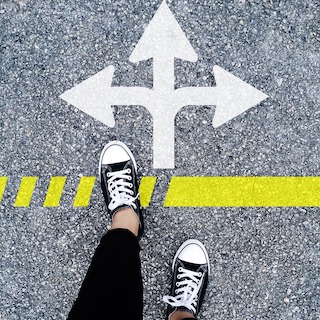
Stuff
It wasn’t dangerous, this thing with Marty. I could choose not to do what he told me to do. I had my freedom. But I didn’t want it. I wanted no responsibility. It was a turn-on. All the research shows that libido is diminished by mental fatigue. The mental load. I could see it with Rachel. She was my younger sister, but she looked about ten years older than me, and we joked that she had no working memory. Dory, I called her. She and Greg never had sex.
I didn’t have children, and the mental load was still big. And in every relationship I’d ever been in, it had gotten bigger. I ended up taking their mental load too. Emails to answer, bills to pay, budgets, basic living. Christmas gifts and dinner arrangements. Everything had a password now. Every password had a one-time code. Choice was overwhelming. A woman in the suburb next to mine had been found in the foetal position, dead from an aneurysm, clutching internet service-provider plans

Björk in concert
The wind feels strange on his face. He hasn’t stepped outside in too long. He hesitates in the doorway. He really doesn’t have time for this. He needs to write that last chapter. He needs to finish what he has promised. What separates humans from everything else is our urge to create. He turns back towards his computer but then he is outside and locking the door and it feels like he has no agency over this. His body wants to go for a walk and so he must walk. He catches a glimpse of something bright poking up through the mulch at the base of a tree. A mushroom. Then suddenly they all come into focus. Mushrooms everywhere. Mushrooms on tree trunks like little shelves for fairy books, mushrooms in the mud and mushrooms in among the grass. There are even little net-like things around red stalks. Weird Cronenberg mushrooms, half fungus, half machine.
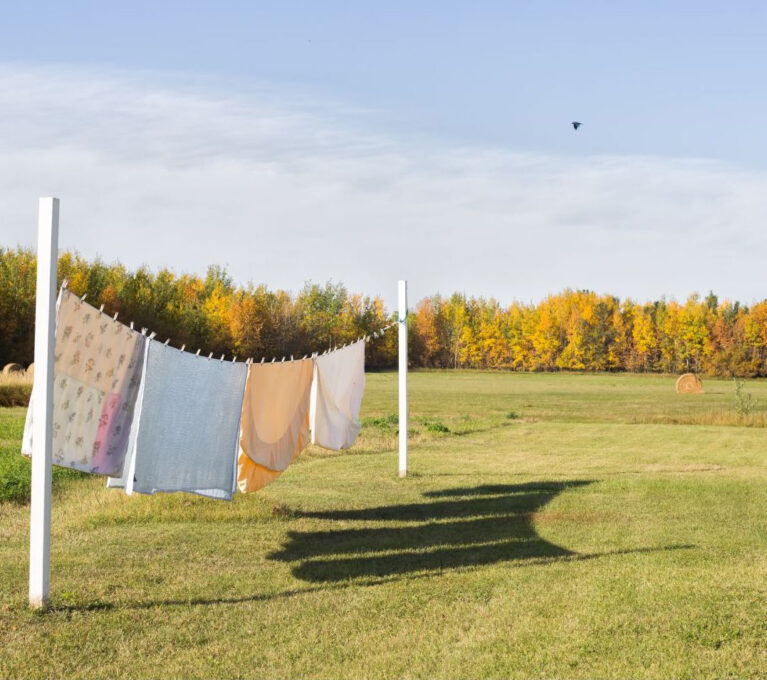
The blue room
Mum did not tell us that Sabina had tried to kill herself. She said that she was unwell, and because she was unmarried and her children lived interstate Sabina would stay with us while she convalesced. We figured it out after she arrived; she did not appear sick, but lively and plump. Nor was there any regularity to her medical appointments. Though Phoebe was irritated that she would have to share her bathroom we found the situation morbidly glamorous, the sick woman with the elegant name whose stay would end with recovery or its opposite. So many sibilant words: suicide, convalescence, Sabina. Having no knowledge of death or any conviction we would ever die, suicide seemed tinged with romance. That Sabina lived confirmed our belief that death was not serious.

The pool
Mum always says to me, you know what he’s like – your father. As if the old man is my responsibility and mine alone. Little wonder that legacy and liable have the same number of syllables. Of course I know what he’s like…so much so that I’m not even remotely surprised when one afternoon I hop off the school bus and come wandering inside with my little brother Jeremy in tow to find a big bald bloke sitting cross-legged at the dining table blabbering on about fibre glass this, solar heating that. On the table in front of Dad, a corona of shiny brochures.
‘We’re getting a pool, sons!’ Dad winks at Jeremy.
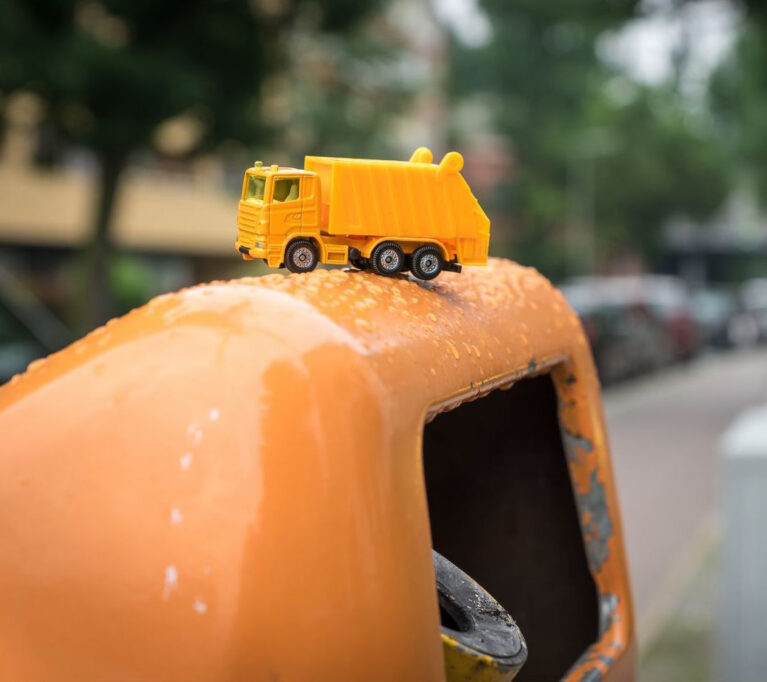
Trash and treasure
In the middle of the night he had a dream where the dirty pasta bowls he’d left out were on fire, smoking up the apartment. When he shot up in bed, he could still smell the smoke. He remembered Karim, the whole previous day and night flashing through his head. In five strides he was in the living room. Karim wasn’t on the couch. The balcony door was open and he was out there, shirtless, leaning on the balustrade smoking a cigarette. The nodules rising out of his spine pinged the moonlight over his back like a prism. Ben went out, shut the door behind him, leaned over the balcony by Karim. Their arms touched and neither of them pulled away. The forum was emptier than empty. Completely still, like they were peering into a photograph.

Sissys and bros
‘Sydneysiders woke up to a red dawn this morning due to an eerie once-in-a-century weather phenomenon.’ This was straight after school, before my shift. Channel 9’s Peter Overton was blaring from the TV. My five sisters and two brothers yelled about Mumma hogging the remote. Overton’s robot voice followed me into my room. I tugged off my Holy Fire High School blazer. Our emblem: Bible beneath a burning bush. Our motto: Souls Alight for the Lord and Learning. Fumbled through the dirty laundry basket for my dress-like work shirt that stunk of rancid onion. Our logo: a pepperoni pizza wearing a fedora and holding a Tommy gun. Our motto: Happy Mafias Pizza: Real Italians Leave the Gun and Take the Cannoli.
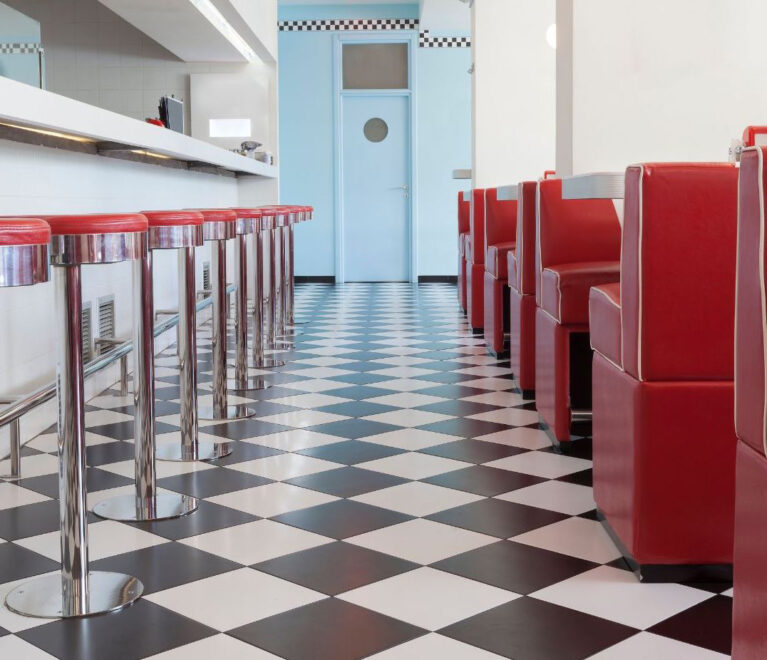
Load
When I wake up from being a dishwasher, curled on the floor of my apartment, it’s like I have woken from the perfect slumber. I don’t think I have felt like this since the womb. Imagine being able to temporarily kill yourself. The world, the body, weighs heavy. Being a dishwasher is the closest I have ever felt to bliss. Before this, the closest I got to bliss, true bliss, was getting high with my dad and eating a cream corn and cheddar toastie at the Murchison Tea Rooms.